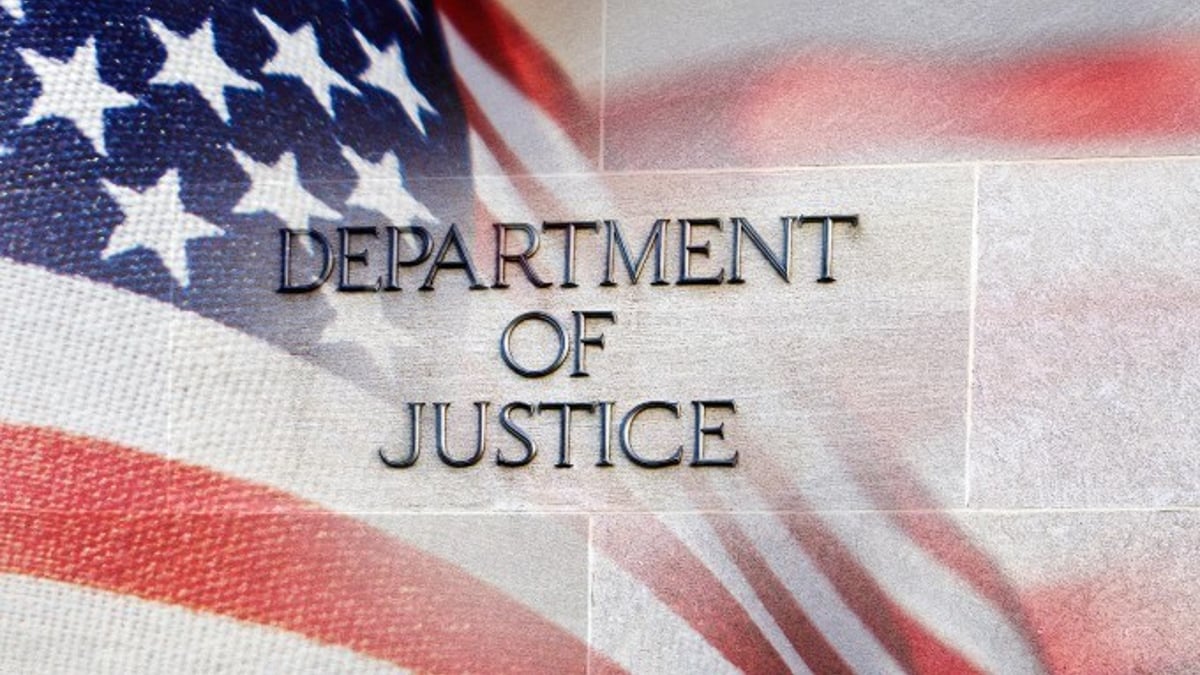AGA’s President Wants 'Coordinated Effort' From Feds for Enforcement of Offshore Sportsbooks

Among the more nettlesome problems facing legal sports betting sites, especially the online version, is the challenge posed by offshore internet sportsbooks.
Most stakeholders concede that the offshore websites still have the majority of the digital sports betting market. And so far, there’s been no substantially effective counter-strategy to stop bettors from going to a gambling marketplace where they may feel they’re getting better odds and can more easily evade individual taxes, albeit without any consumer protections and with the knowledge that they are supporting an illicit market.
Following his prepared state-of-the-industry remarks on Tuesday, American Gaming Association President Bill Miller answered media questions on a variety of topics.
We reminded Miller that in 2011, the U.S. Department of Justice essentially put an end to the online poker industry which, like sports betting, emanated from offshore bases of operation. The DOB closed the chief websites in what amounted to a single stroke.
Asked whether the AGA advocated the federal government's approach to offshore online poker for the offshore sportsbooks, Miller was blunt.
“We do,” Miller said. “We believe that at the end of the day there needs to be a coordinated effort among, mostly at the federal level, to ensure increased enforcement on these offshore operators.
“I think that starts with the Department of Justice and Treasury (Department) but is also includes agencies like the Department of State that negotiates trade agreements and have trade agreements with countries, some of which harbor and really, quite frankly, encourage these illegal offshore websites that are able to advertise on social media platforms. And then the ability to and the need to restrict that type of advertising on these platforms that can be seen in legal (U.S.) jurisdictions.”
Typically, the gaming industry is extremely wary of federal involvement. Indeed, it was wresting control of sports gambling from the control of a federal law, the Professional and Amateur Sports Protection Act, through the judiciary that allowed for the legal sports betting market that currently exists. But in dealing with the illegal sports betting market, the legal gaming industry says it needs the feds to ride to the rescue.
“This is the one area where we talk about what can the federal government do to help our industry. This is (a) really important (one),” Miller said.
What About TV Advertising?
Meanwhile, in a curious turn, the offshore sportsbook industry also happens to be a handy foil in allowing the online gaming industry to take what seemed to be a serious liability and turn it into, well, a good thing. That would be online sports betting TV commercials.
For a while now, there’s been a fair amount of chatter that the aggressive feel of sports betting television advertising would cause some consumers and, eventually, local governments to become hostile toward the sports betting business.
In Europe and the U.K., guardrails, whether voluntarily or imposed, have been placed on gambling advertising because of the perception that the on-air marketing was unseemly or ill-timed or overwhelming and being broadcast to an audience that included underage viewers.
Cautions have been voiced that the same could happen to America’s still emerging sports betting industry.
AGA’s Spin on US Advertising
Well, the AGA’s Miller took advantage of the state-of-the-industry presentation to put a different spin on those commercials in the U.S.
“Getting sports betting right is also about moving customers away from the predatory bookies and offshore websites and into the protections of the safe and legal market,” Miller said. “Look at New York and Louisiana (where online sports betting launched just prior to the Super Bowl). Does anybody reasonably think that millions of people just decided to try out sports betting for the first time last month? Of course not.
”Americans have been betting on sports as long as there has been sports to bet on. They haven’t had the legal opportunity to do it before.”
Then, Miller started connecting the dots.
“Raising the awareness and attracting players to legal online sportsbooks is how we protect consumers, generate needed tax revenue for states, and how we’ll stamp out the illegal market — and advertising has helped to fuel this change,” he said.
Then citing AGA research, Miller said that 76% of “our Super Bowl bettors said it was important that they only use a legal operator — that was up double-digits from last year.”
Bettors Wanted Legal Sportsbooks
Miller went on to contend that internet search data also showed that legal sportsbooks were searched 10-times more often than the biggest illegal operator in established markets.
“And our research also shows that the majority of Americans have a favorable view of those sportsbook advertisings,” Miller said. “And our ads are reaching the right audiences. And while it may seem the ads are everywhere, sports betting really only made up 1% of total ads last year and no sportsbook has been a top advertiser since the beginning of the NFL season .
“Of course, there will be spikes around big events, like the Super Bowl, March Madness or new-market launches but (the advertising) serves an important purpose in drawing consumers from the illegal market to the legal market.”
So, it would seem highly likely that should regulators or legislators start talking about reining in sports gambling TV advertising, that the industry’s talking points are already being polished to fend off rules that would blunt marketing efforts.
Be first to get our exclusive sports offers!
Join today to stay up to date on your states gambling news and offers.











